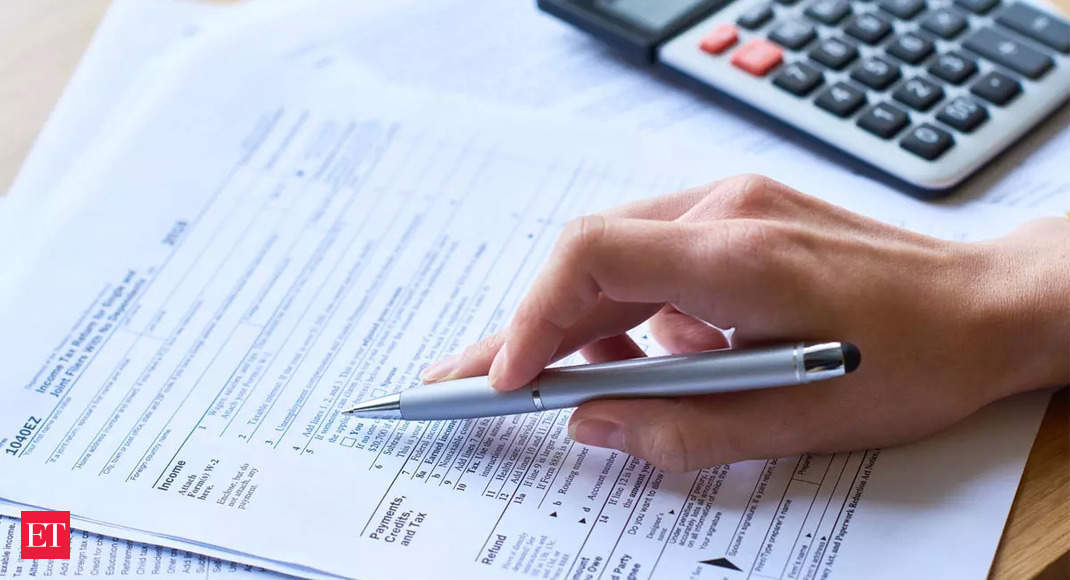30 Sep , 2021 By : monika singh

Freelancers are the self employed folks who handle variety of projects from the comfort of their home, park, or café for various clients. There are freelancers from various fields like marketing, website designers, consultancies, software designers, social media content writers. But this comfort doesn't come for free since freelancers are also obliged to pay taxes to the government for their income, just like any other business person or a salaried employee according to the Income Tax Act.
Freelancing income
As per the Income-tax Act, any earning earned through exhibiting your intellectual or manual capabilities is earnings from a profession. This earning would be taxed under the category “Profits and Gains from Business or Profession". The gross earning would be the accumulation of all receipts you received throughout carrying out the profession.
Accounting process
There are two techniques present for freelancers to account for their earnings and expenses and evaluate their taxable income. They include the accrual basis and the cash basis of accounting. The accounting technique, if chosen once, needs to be continually followed for years. You aren't permitted to replace the technique frequently for example, as a way to save taxes or keep away from taxes.
Computation of taxable income:
Presumptive Tax Calculation: Income of freelancer can be calculated on presumptive basis u/s 44ADA provided their Gross Receipts should be below Rs. 50 lakhs. In this case:
Taxable Income = 50% of Gross Receipts
If one is covered under this section then he is not required to maintain Books of Accounts and get them audited by CA.
Net Taxable Income from Profit & Loss Account: If freelancer’s gross receipts are more than Rs. 50 lacs per annum or he thinks that his Net Profit is less than half of his Gross Receipts, then he can maintain Books of Accounts.
Taxable Income = Gross Receipts – Expenses incurred for Business
TDS deductions for freelancers
Most customers deduct TDS from the fee of the freelancers. Freelancers can assert the deducted TDS while submitting ITR (Income Tax Return). You can obtain the information regarding TDS deducted from Form 26AS. The total amount of TDS deducted during the year is available on Income Tax Portal in form 26AS.
Advance Tax
For occasions in which the overall amount of tax payable is Rs 10,000 or more, the freelancer is supposed to pay every quarter. This tax that is paid every quarter is an advance tax.
Filing ITR
When it involves tax for freelancers, each must file Income Tax Return (ITR-3 or ITR-4). It is a declaration of the freelancer’s taxes. The ITR declaration must encompass the below-stated details:
Points to keep in mind before submitting ITR:
Applicability of GST
Earlier, VAT and Service Tax were the taxes freelancers were liable to pay. However, the taxation process now has been changed to GST. GST means the tax enforced on the products or services offered by you. Thus, freelancing also falls under the purview of service. Therefore, 18% of GST applies to most of the services.
Freelancers are liable for CGST, SGST and IGST, depending upon the place of service. No exemption of GST is available even if the business is online. Even if bloggers are selling space on their blog in their state or across state, still they are covered under GST rules. If the total amount of services exceed Rs. 20 lacs per annum, then they are liable to be registered under GST Act. This limit is Rs. 10 lakhs in Uttarakhand, Jammu & Kashmir and Himachal Pradesh. Simeltaneously, they can also claim input tax Credit on Goods & Services they use fo their business. This will reduce their GST liability.
Since freelancers work on different assignments and their income is from domestic as well as international services, therefore, tax computation of their income can be confusing and brainstorming. In order to avoid any tax penalties and to avail maximum tax exemptions, expert advice is always recommended.
0 Comment